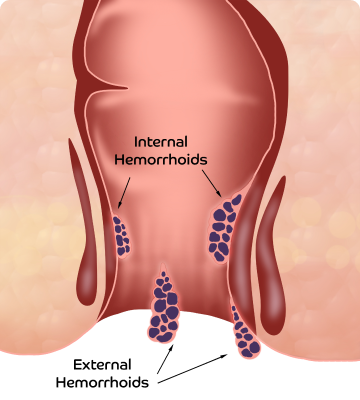What are the best treatment options available for carpal tunnel syndrome in Kochi?
To choose the best treatment alternate, a physical evaluation of the hand is done, and a customized treatment plan is formulated. The treatment is usually begun with non-surgical non-invasive methods, which may include non-steroidal anti-inflammatory drugs, steroidal injections, wrist braces or wrist splints, ice packs, and physiotherapy. But such alternates often fail to address the underlying cause, and the symptoms may reappear after a while. Also, if the diagnosis is made at a later stage, such methods will not prove to be effective. Then, the most appropriate treatment for carpal tunnel syndrome is carpal tunnel release surgery.
Carpal tunnel release surgery is a minimally invasive surgical method that aims to decompress the nerves that had been compressed in the carpal tunnel. The surgery is highly effective in treating carpal tunnel syndrome as it addresses the underlying issue, hence, eliminating all symptoms.
How is carpal tunnel release surgery performed?
The surgery is minimally invasive and aims to release the pressure on the median nerve. The surgery makes use of an endoscope, which involves a flexible, thin tube that has a camera attached at its end. A small incision is made on the risk and the endoscope is inserted through it. This helps the surgeon to visualize the internal structure without a large incision. When the ligament is located, a tiny cutting tool is inserted to release the ligament. This, in turn, releases the pressure on the median nerve and eliminates the symptoms of carpal tunnel syndrome.
Post-operative care and rehabilitation
After carpal tunnel surgery, most patients are discharged on the same day. At the time of discharge, patients are given some instructions for rehabilitation and post-operative care. The instructions may include the following.
- Use of a splint for a few weeks.
- Elevation of hand and use of ice packs to reduce swelling and inflammation.
- Regular cleaning of the surgical incision.
- Practice a healthy diet to help the healing process along.
- Physiotherapy for restoration of normal function.
Are there any risks and complications related to carpal tunnel syndrome surgery?
Most patients don’t experience any complications and risks after a carpal tunnel release surgery. However, just like any other surgical procedure, the possibility of complications is not inevitable.
Some specific risks associated with carpal tunnel release surgery are as follows.
- Development of infection.
- Prolonged pain in the wrist.
- Stiffness and loss of function of the wrist and hand.
- Numbness in the thumb, middle, and index finger.
- Tenderness of the surgical scar.
As said, in most cases, no such complications are seen. But every patient has a different situation. Discuss the risks associated with carpal tunnel release surgery in your particular situation with your orthopedic surgeon in precise detail before deciding on the surgery.
How is endoscopic carpal tunnel surgery performed?
Endoscopic carpal tunnel surgery is performed in the hospital under the influence of anesthesia. An endoscope is inserted through one incision. The endoscope has a camera on its end, which allows the doctor to look for any pathology or anomaly. The endoscope presents an image on the television screen that allows the surgeon to see the inside of the hand or wrist directly.
The orthopedic surgeon may insert surgical instruments through the second incision to cut the transverse carpal ligament and thus releasing the pressure on the median nerve by expanding the carpal tunnel. After the ligament is cut, the incisions are closed by dissolvable sutures. Endoscopic carpal tunnel release surgery is much less traumatic to the joint, muscles ligaments, and tissues than the conventional carpal tunnel surgery that is performed with long incisions.









.svg)









